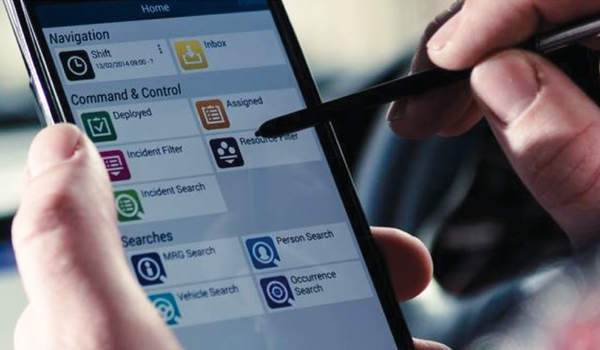New weapon in war against metal theft
New technology is being used by Cambridgeshire Constabulary in the fight against metal thieves.

New technology is being used by Cambridgeshire Constabulary in the fight against metal thieves.
The BT-developed RABit system (Rapid Assessment BT Incident Tracker) alerts the force control room when a live cable has been cut or damaged.
It pinpoints the location so officers can be deployed quickly to the correct location and also alerts BTs Security Control Centre.
The technology will become a key part of Operation Magnet, the forces crackdown on metal theft that was launched in the spring.
The operation has seen officers working with partner agencies, including BT, to catch those responsible, deter offending and disrupt the stolen metal market.
They have also been asking dealers to sign up to Operation Tornado, a national Responsible Scrap Metal Dealer Scheme and, so far, 17 of the 27 in the county have done so.
The scheme involves dealers committing themselves to making it easier for police to trace sellers of stolen metal but it will not inhibit those who operate legitimately.
Officers have also extended the scheme to motor salvage operators who are already starting to sign up.
Detective Inspector Sharon Dence said: This new technology could prove invaluable as it alerts us to a crime in progress and can give us a precise location.
Cable is often stolen from vulnerable locations and can have a huge impact on people living nearby. This will give us an advantage and increase the likelihood of us catching thieves in the act.
Officers have been carrying out regular checks to ensure scrap yards and the people using them are operating within the law.
The RABit system, which constantly monitors the BT telephone and broadband network and detects when communication has been disconnected, was initially trialled in December 2011.
Luke Beeson, BT Security general manager for Cable Theft, general manager, BT Security, said at the launch of the trials: BTs new burglar alarm on the network will make thieves think again. We are now able to inform the police of the exact location of malicious network attacks and, if trials are anything to go by, it wont be long before they start catching the thieves in the act.
Paul Crowther, deputy chief constable of the British Transport Police and metal theft lead for the Association of Chief Police Officers, added: In my view this technology will significantly improve police response times to cable theft incidents and will act as a major deterrent to criminals engaged in this activity. More importantly, communities and businesses should see a sharp reduction in the disruption caused by this type of theft. This is an early example of how government funding has helped the National Police Metal Theft task Force, assist BT in the battle against cable theft.
In November 2011 the Government announced that £5 million would be put aside to help establish a dedicated metal theft taskforce to enhance law enforcement activity in this area.
It is estimated that around 80 per cent of BTs cable theft is carried out by organised crime gangs.



